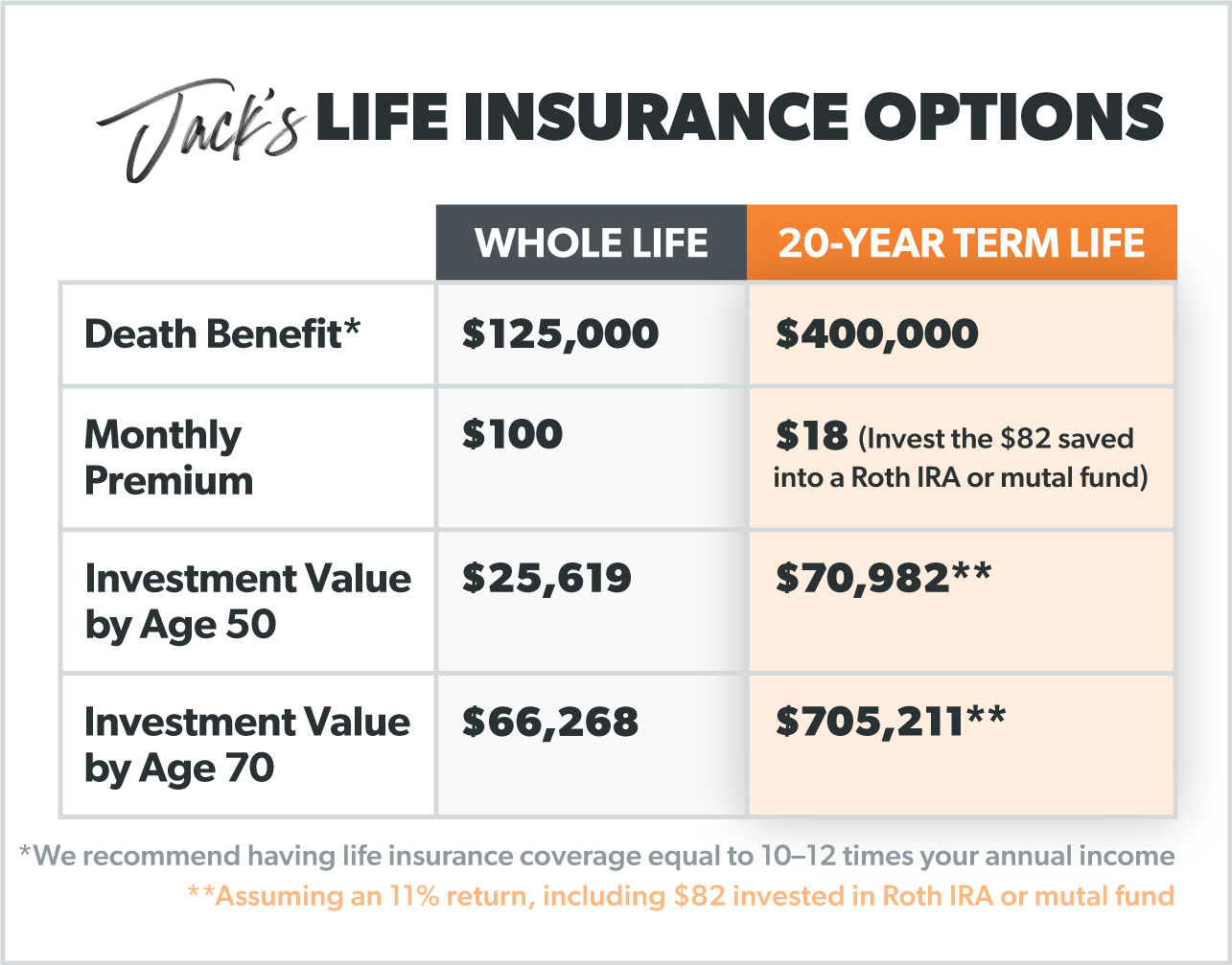Life insurance is more than just a safety net for your loved ones; it can also be a powerful financial tool that helps you build wealth over time. Cash value life insurance policies, in particular, offer a unique opportunity to grow your savings while enjoying the peace of mind that comes with life insurance coverage. In this comprehensive guide, we’ll explore the world of cash value life insurance, its types, and how it can benefit you.
Understanding Cash Value Life Insurance
Cash value life insurance is a type of permanent life insurance that combines death benefit protection with a built-in savings component known as the cash value. A portion of your premium payments is allocated towards the cash value account, which earns interest or investment returns over time. This cash value can be accessed while you’re still alive, making it a versatile financial asset.
There are two main types of cash value life insurance policies: whole life insurance and universal life insurance.
Whole Life Insurance
Whole life insurance is a traditional form of cash value life insurance that provides lifelong coverage as long as you continue paying the premiums. The premiums and death benefit remain level throughout the policy’s duration, and the cash value grows at a guaranteed rate set by the insurance company.
Key features of whole life insurance:
- Fixed premiums
- Guaranteed death benefit
- Guaranteed cash value growth rate
- Dividends may be paid (participating policies)
Whole life insurance is often considered a more conservative option, as the cash value growth rate is generally lower but more stable compared to other investment vehicles.
Universal Life Insurance
Universal life insurance is a more flexible type of cash value life insurance that allows you to adjust your premium payments and death benefit amount within certain limits. The cash value component is credited with interest based on the insurer’s current rate, which may fluctuate over time.
Key features of universal life insurance:
- Flexible premiums
- Adjustable death benefit
- Interest rates may vary
- Potential for higher cash value growth
Universal life insurance offers more flexibility and potential for higher cash value growth, but it also carries more risk due to the variable interest rates. It’s essential to carefully review the policy’s terms and conditions to understand how the cash value will be credited.
Benefits of Cash Value Life Insurance
Cash value life insurance offers several advantages that make it an attractive financial planning tool:
-
Tax-deferred growth: The cash value component grows tax-deferred, allowing your money to compound more efficiently than in a taxable account.
-
Access to cash value: You can access the cash value through policy loans or withdrawals, providing liquidity when you need it for emergencies, large purchases, or supplemental retirement income.
-
Lifetime coverage: Permanent life insurance policies provide coverage for life, ensuring your beneficiaries receive the death benefit no matter when you pass away.
-
Living benefits: Some policies offer accelerated death benefits that allow you to access a portion of the death benefit if you become terminally ill or require long-term care.
-
Potential for dividends: Participating whole life insurance policies may pay dividends, which can be used to purchase additional coverage or reinvested to grow the cash value.
Using Cash Value Life Insurance
Cash value life insurance can be leveraged in various ways to suit your financial goals and needs:
-
Retirement planning: The cash value can be accessed as a supplemental source of income during retirement, providing tax-advantaged distributions.
-
Emergency fund: The cash value acts as a readily available emergency fund, eliminating the need for separate savings accounts.
-
Funding major expenses: You can borrow against the cash value to fund significant expenses like college tuition, home renovations, or starting a business.
-
Estate planning: The death benefit can be used for estate tax planning and wealth transfer purposes.
-
Collateral for loans: The cash value can be used as collateral to secure loans, often at more favorable interest rates than traditional loans.
It’s important to note that accessing the cash value through loans or withdrawals may have tax implications and could potentially reduce the death benefit or cause the policy to lapse if not managed properly.
Choosing the Right Cash Value Life Insurance Policy
When selecting a cash value life insurance policy, consider the following factors:
- Coverage needs: Determine the appropriate death benefit amount based on your financial obligations and goals.
- Premium affordability: Evaluate the premium payments in relation to your budget and long-term financial plan.
- Cash value growth potential: Assess the cash value growth rate or interest crediting method to align with your investment objectives.
- Flexibility: Consider whether you need the flexibility offered by universal life insurance or prefer the guarantees of whole life insurance.
- Riders and additional features: Explore optional riders or policy provisions that may enhance the policy’s benefits, such as accelerated death benefits or waiver of premium riders.
Working with a qualified insurance professional can help you navigate the complexities of cash value life insurance and find the policy that best fits your unique circumstances.
Conclusion
Cash value life insurance is a powerful financial tool that combines life insurance protection with a savings component. By understanding the types of cash value life insurance and how they work, you can unlock the potential for tax-deferred growth, access to liquidity, and lifetime coverage. Whether you choose whole life insurance or universal life insurance, cash value life insurance can be a valuable addition to your overall financial plan, providing security and opportunities for wealth building.
How To Use Whole Life Insurance To GET RICH In 2023 (Become Your Own Bank) | Wealth Nation
FAQ
What type of life insurance has a cash value?
How much cash is a $100 000 life insurance policy worth?
How long does it take for whole life insurance to build cash value?
How do you build cash value in life insurance?

